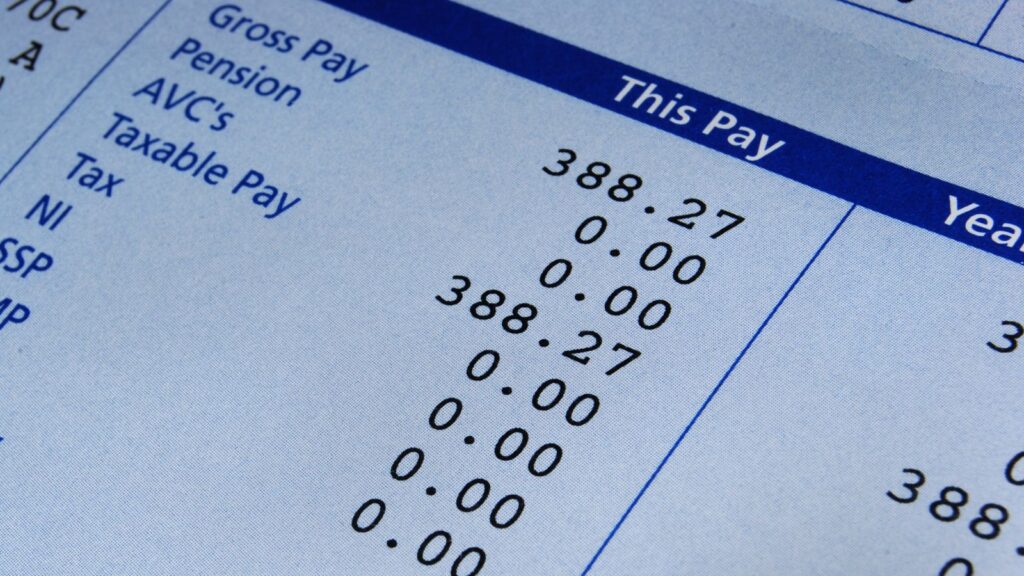Impact of Minimum Wage Increase on Full-Time Workers
Full-time workers are set to benefit by an additional £1,400 to £2,500 annually, thanks to a significant increase in the minimum wage.
New Minimum Wage Rates
For employees aged 21 and older, the hourly rate has risen to £12.21, a 77p increase, reflecting a 6.7% uplift. Meanwhile, those aged 18 to 20 will enjoy a boost from £8.60 to £10 per hour, translating to a remarkable 16.3% increase.
The Importance of Fair Pay
Unfortunately, many businesses have a troubling history of failing to meet minimum wage requirements. Last year, the government publicly identified 524 companies that owed £16 million in wages to 172,000 employees.
Common Reasons for Wage Discrepancies
There are various factors contributing to wage underpayment, including unpaid overtime, travel time, trial shifts, and mandatory training sessions. Additional charges for meals, parking, travel expenses, till shortages, and uniform costs may also lead to discrepancies. Errors regarding employment status can further complicate matters.
What to Do If You’re Underpaid
So, how can you address the issue of receiving less than you’re entitled to? The Money team consulted with Lucie Garvin from the Advisory, Conciliation and Arbitration Service for guidance.
There are multiple approaches to resolving this issue, ranging from informal discussions to formal employment tribunal claims. Regardless of the method, it’s wise to gather as much supporting information as possible, including payslips, bank statements, receipts, and records of when you noticed issues.
Starting with an Informal Discussion
Garvin advises beginning with an informal conversation with your employer. “It could be an honest mistake and a casual chat might clear things up,” she shares.
However, be wary of common misconceptions about pay. The following items do not contribute to your salary:
- Tips and gratuities
- Company cars
- Cycle-to-work schemes
- Fuel for company cars
- Work phones
- Other non-monetary benefits
Garvin emphasizes, “Your employer should still compensate you at least at the minimum wage rate, even if you enjoy additional perks.”
Taking Formal Action
If your wage concerns remain unresolved after your initial discussion, consider filing a formal grievance with your employer. “Many people find it daunting to express concerns, but it’s often a simple oversight,” Garvin explains. “Raising the issue informally or sending a more structured letter or email can be effective.”
Involving HMRC or Employment Tribunals
If direct communication is unsuccessful or you feel unable to approach your employer, you may reach out to HMRC’s National Minimum Wage enforcement team or file a claim with an employment tribunal. Note that you cannot pursue both options.
Garvin reminds us about strict deadlines for making tribunal claims:
- For a single instance of underpayment, you have three months minus one day from the payment due date to file a claim.
- If there are multiple incidents, the timeframe is three months minus one day from the date of the most recent erroneous deduction.
A Common Misconception
Garvin also points out a frequent misunderstanding: “Some employees believe their pay will automatically increase on April 1 or when they turn a certain age. This isn’t always correct.” Wage increases under the National Minimum Wage take effect during the next ‘pay reference period’ after the adjustment. This period can be weekly or monthly but not longer. For instance, if paydays fall on the 15th of each month, the new rate will commence from April 16.


